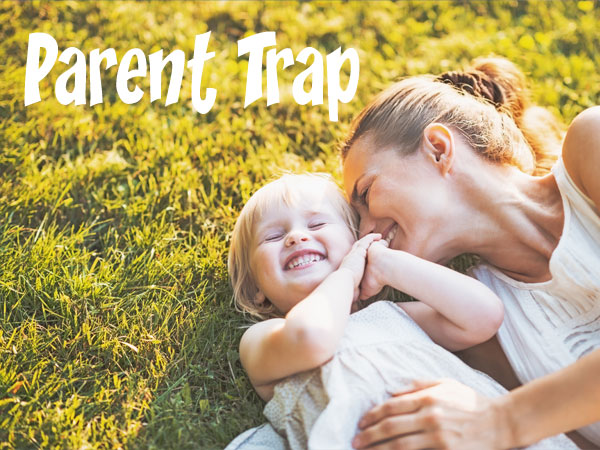Lynn was in major power struggles with her 6-yearold daughter Molly. She was upset that Molly wouldn’t give Grandma hugs and kisses when she visited, or play with other kids at recess. The truth was, Molly was slow to warm up to new people and situations, but given time and space, she eventually did. Upon further questioning, I learned that when Lynn was growing up, she was extremely shy and felt isolated in middle school and high school. Her intense energy spent trying to make Molly more outgoing was fueled by her desire to spare her daughter that same pain.
Eminent psychoanalyst Selma Fraiberg coined the term ‘ghosts in the nursery’ years ago to describe how parents bring old baggage like unresolved experiences, thoughts and feelings into the present, where it can ‘haunt’ their parenting effectiveness. I have discovered over the years that parents’ experiences with getting pregnant and problems during and after pregnancy also can become ghosts. These experiences can evoke feelings of sadness, worry and fear that people push below the surface, but they tend to resurface during the turbulence of children’s developmental stages and behaviors. It is these emotions that cause parents to become overly concerned, overreact and parent from a place of fear.
Ghosts tend to appear during predictable situations like sleeping, feeding, tantrums and discipline. Kids who were preemies or had postnatal problems like apnea, seizures or illness create extra worries that cause parents to be overly cautious and check on their child multiple times throughout the night. Babies who were born small, had slow weight gain or failed at nursing raise extra concerns about weight and nutrition even years later when the child is thriving. A history of infertility, miscarriages or near loss of a child to illness sets parents up to have a hard time following through with discipline, because the child is their ‘miracle baby.’ People who had negligent parents often become overly involved in their children’s lives because they want to be there for their kids in ways their parents weren’t.
Feelings attached to these ‘ghosts’ are real and normal, and they just need appropriate outlets so they don’t get mixed into present-day situations where they don’t belong. Becoming aware of these subconscious emotions gives you power over them. When Lynn became cognizant of her ghost, she was able to embrace her daughter’s shy temperament and give her the space to blossom at her own pace. If you find yourself fixating on a specific aspect of your child or parenting in an unreasonable manner, check within yourself to discover the ghost affecting your actions.
Tim Jordan, M.D., is a behavioral pediatrician who specializes in counseling girls ages 6 through college. He recently launched an online video parents course, Taking Flight: Everyday Parenting Wisdom to Help Girls Soar. For more information, visit drtimjordan.com.








